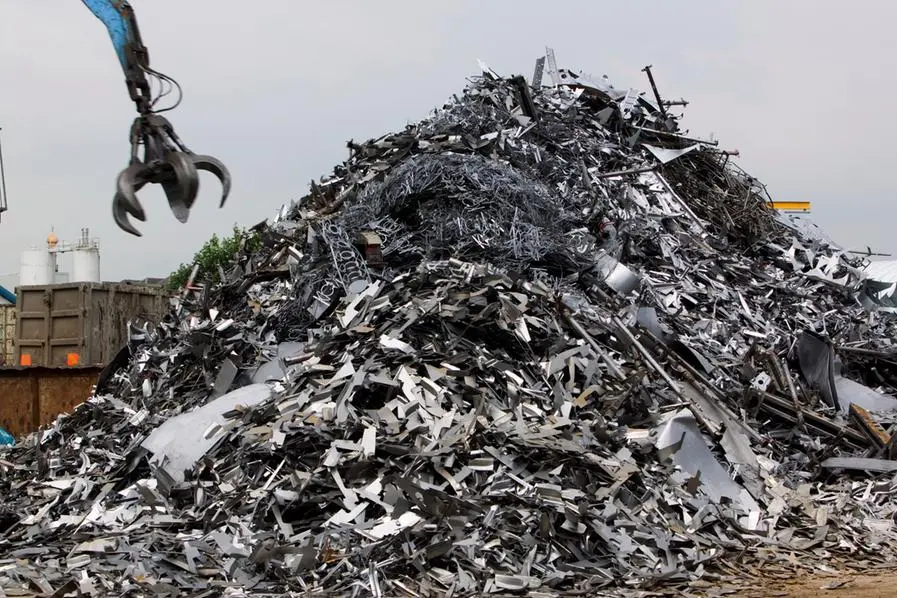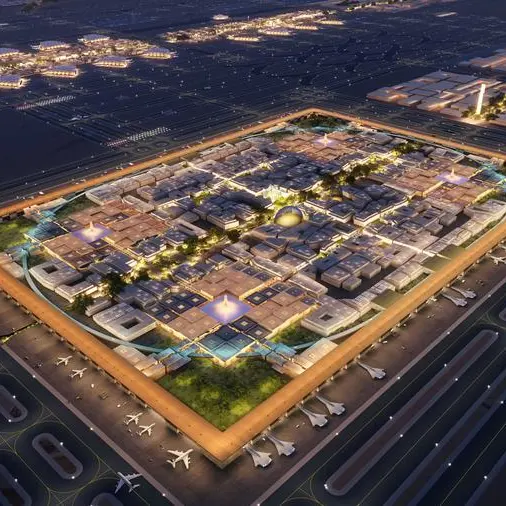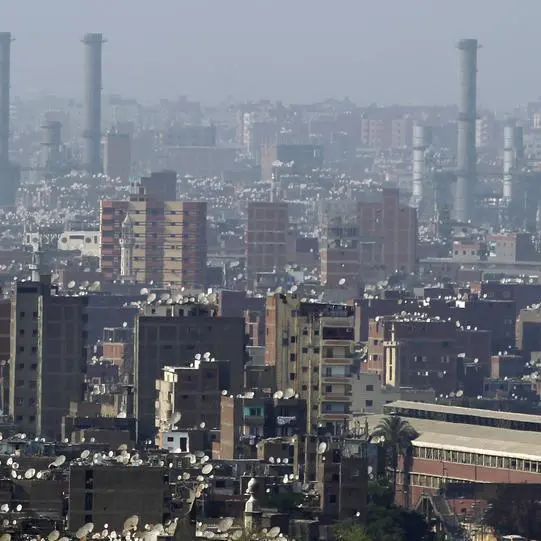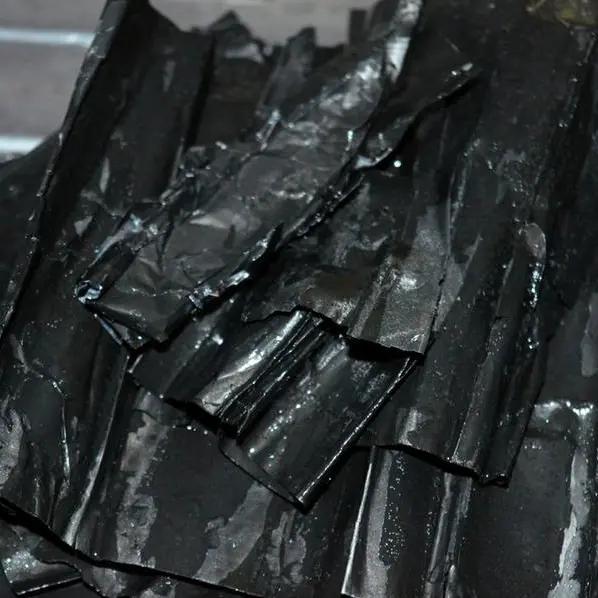PHOTO
The Gulf Cooperation Council (GCC) countries will have to invest between $60 billion and $85 billion across four value streams - plastic, concrete and cement, metal, and bio-waste - over the next two decades to achieve regional waste management targets, Boston Consulting Group (BCG) and World Business Council for Sustainable Development (WBCSD) said in a new report.
The investments will cover design, collection, sorting, and recycling investment across these four key waste streams.
Currently, the GCC generates between 105 and 130 million tonnes of waste per annum, primarily from municipal solid waste, construction and demolition waste and agricultural waste. Saudi Arabia and the UAE account for nearly 75 percent of all these wastes.
“Meeting bold targets and increasing circularity in the GCC region will yield multi-dimensional benefits,” said Shelly Trench, Managing Director and Partner, BCG.
Apart from the environmental value, the transition to a circular economy will secure gains linked to job creation, economic growth, self-sufficiency and independence from external regulatory pressures, she added.
Furthermore, optimising circularity can increase gross domestic product (GDP) by around $95 billion to $105 billion across the GCC, accelerating economic diversification away from fossil fuel resources.
The region has the potential to create at least 200,000-300,000 new jobs, given nearly 255 million tonnes of additional waste in the four key streams making up 75 percent of all waste to be recycled in 2040, the report said.
(Writing by P Deol; Editing by Anoop Menon)





















